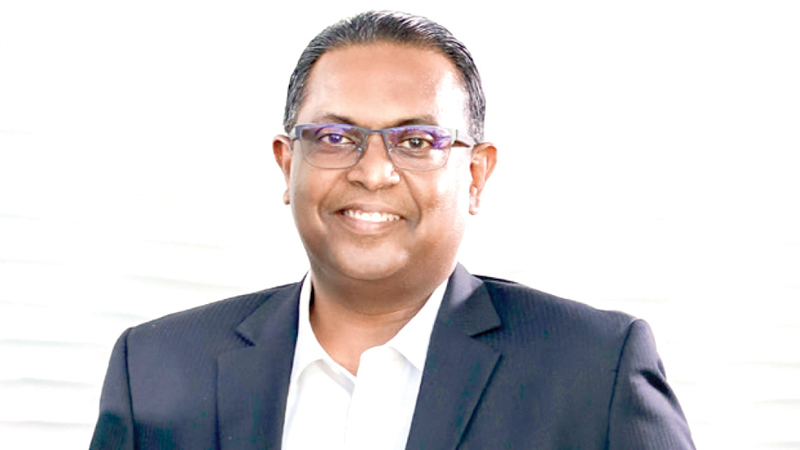Digital payment methods are the best way to minimise corruption and ensure efficiency in financial transactions in the road to creating a digital economy, said an expert in digital payments infrastructure.
Sri Lanka has made substantial progress in moving to a cashless society which is where the world is today, said LankaPay CEO Channa De Silva. Starting with 16 State Departments, LankaPay, the largest payments infrastructure provider has linked 26 Departments to the GovPay, the online payment platform designed to facilitate digital transactions for the Government to date and plans to double the number soon.
“We hope to increase the number of Departments linked to the platform to 50 by the end of April,” De Silva said.
The national payment network facilitated over 1.35 million digital transactions to the value of Rs. 1.8 trillion through the GovPay payment platform in 2024 which is the largest revenue collection for the Government through digital payments.
According to interbank statistics of 2024, LankaPay had facilitated over 450 million transactions at a value of over Rs. 34 trillion last year, connected 30 banks, 23 Non bank financial institutions and 10 FinTecs, real-time payments of over Rs. 17 trillion from over 202 million transactions, issued over 1 million digital certificates, over 38.1 million transactions at a value of over Rs. 11.5 trillion through cheques, over 146.5 million transactions at a value of over Rs. 1.5 trillion through Interbank ATMS and over 63.3M transactions at a value of over Rs. 3.8 trillion as bulk payments.
“The total transaction value in 2024 is more than the GDP of Sri Lanka and the total Value of Real-time payments last year is over 50% of the GDP,” De Silva said.
Sri Lanka Customs, the Board of Investments, the Inland Revenue Department, the Sri Lanka Ports Authority, the Employees Provident Fund, the Import and Export Control Department, the Sri Lanka Standard Institution and the Department of Commerce are some of the major Government institutions connected through the GovPay platform.
Lankapay, which has been a driving force behind Sri Lanka’s transformative journey toward a cashless society for nearly three decades, plans to increase Government revenue collection from Rs. 1.8 trillion last year to over Rs. 2.5 trillion this year.
“Our journey doesn’t stop here, he said, adding that the Company will strive to push boundaries, explore new possibilities and help bring about a society where financial transactions are not only effortless but also equitable and accessible to all,” De Silva said.
However, corruption in state and private institutions has been a major hindrance to develop the economy.
The e-ticket system introduced to minimise fraud and ensure a hassle-free public transportation is a classic example of how far the country could go in ridding itself of corruption.
Despite being linked to the digital payment platform, transactions at these state institutions are not 100 percent online, leaving room for officials to cut shady deals.
“It is up to the Government to take a stand to implement the payment mechanism fully in all institutions,” De Silva said.









